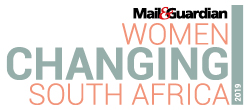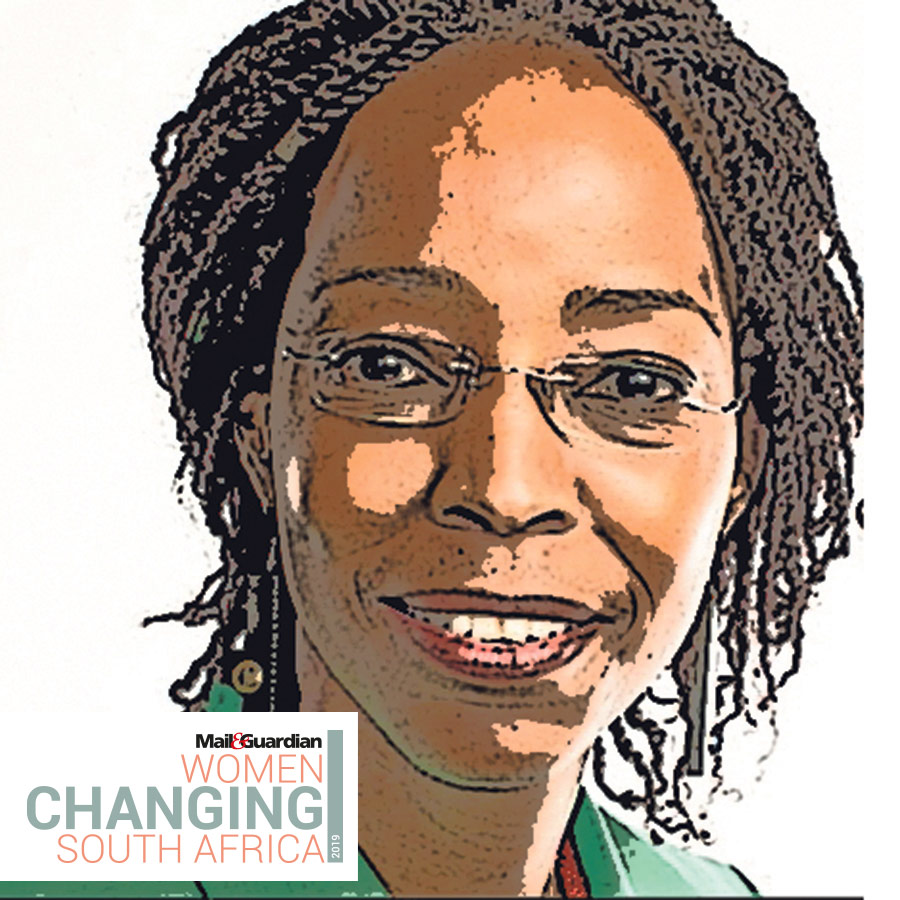| Lawyer, Bioethicist and African Health Equity Activist — African Organisation for Research and Training in Cancer (Aortic) |
“The right to health is a fundamental human right of every person.
It was her mother’s work as a prison official that ignited Kwanele Asante’s interest in law. “It bothered me that young and old prisoners had to kneel and remove their hats every time my mother or another senior officer passed. My observations as a child led me to develop an interest in law,” she says, adding that her encounters with apartheid authorities as a Wits University student ignited her interest in social justice and human rights law.
Growing up in Soweto and the North West province, Asante has gone on to, among other achievements, serve as a member of the Global Health Council President’s Advisory Council, in Washington, US, and is also a patient representative and a council member of the African Organization for Research and Training in Cancer.
In 2016, she was given the Harvard Global Catalyst’s African Ambassador Award and was a Medtronic Bakken Invitation Honoree. In Switzerland in 2017, she was awarded the GE Foundation & Women in Global Health Heroine of Health Award.
“The right to health is a fundamental human right of every person,” she says. “This means that no person anywhere in the world should lack affordable access to potentially life-saving treatments and quality health services. I have been encouraged to see high-level global health discourses adopt human rights-based approaches to ensure universal health coverage globally.”
As with any career, however, there are challenges. “I have often had scientists and senior executives — mostly men — in the private health sector second-guess my contributions, because I am not a scientist or a PhD. Many have asked me, ‘what is a lawyer doing in healthcare?’ And of course, there are the repeated inquiries about whether I have my husband’s permission to speak publicly about my bilateral mastectomy. My retort is simple: ‘The breasts that were amputated were mine. Not my husband’s.’ However, the joke is on them, because I don’t have a husband. My ex-husband was attracted to my intellect and tenacity.
It is precisely these attributes that have seen her become the success she is today. As to whether she has any advice for young women in South Africa, Asante says: “Find something you are passionate about. Seek out mentors and supporters. Ideally, find people of a different race, gender, sexual orientation etc. who will help shape your thoughts on difference, equality and inclusion. Finally, learn to self-care. You will fail [initially]. Be gentle on yourself.”
— Carl Collison
Twitter: @breastlessAfrik

